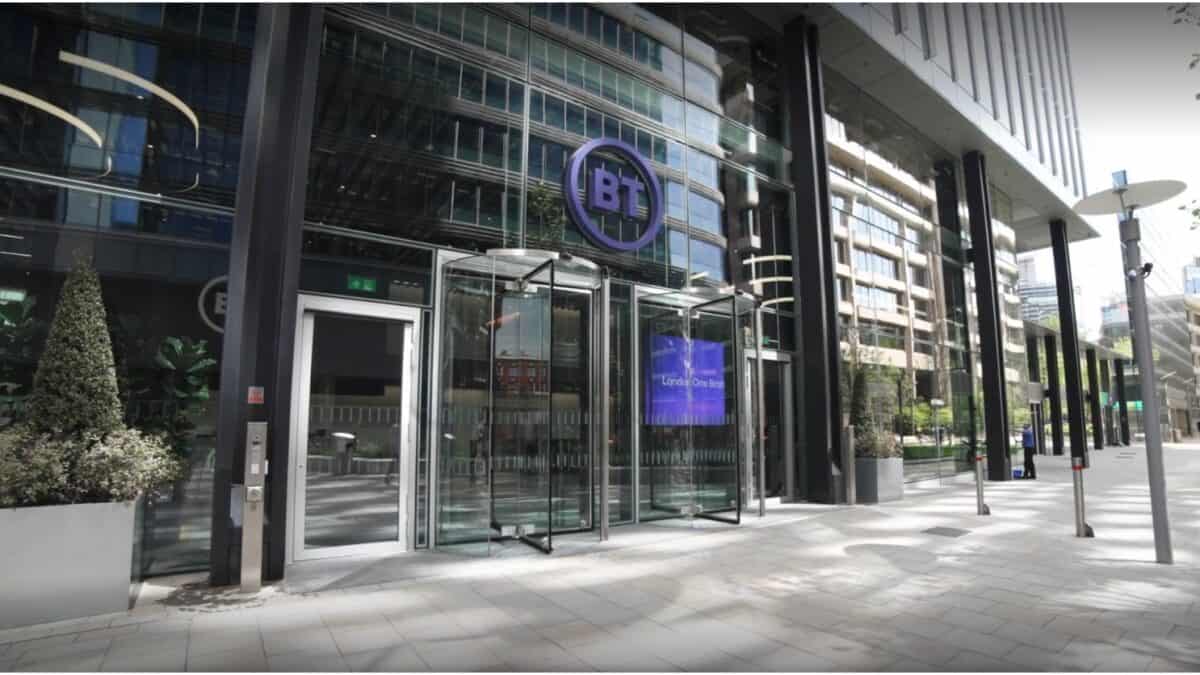The BT (LSE: BT.A) share price has performed pretty poorly compared to the wider market. Over the last 12 months, the shares are down 11%.
However, at just 114p, I think this defensive stock could be a great addition to my portfolio. Let’s take a closer look at why.
Valuation
At the time of writing, BT shares trade on a price-to-earnings ratio of just six. This is less than half the FTSE 100 average of 14. For additional context, I usually consider good value stocks to trade below 10.
Along with this low valuation is a meaty dividend, currently yielding 6.7%. This is significantly above the UK market average and much higher than I could expect to earn in a savings account. Therefore, even if the stock price flatlined, I would still be generating some healthy passive income for my portfolio.
While dividends are never guaranteed, BT’s current dividend coverage ratio (the ratio of earnings to dividends) looks solid, suggesting sustainability in the near future. Additionally, BT operates under a ‘progressive’ dividend policy, aiming to boost payouts in upcoming years, potentially offering solid returns from future payouts.
Institutional investors seem to be sharing its optimism, with research analysts at Barclays and JP Morgan setting price targets of 220p and 290p, respectively. These targets, representing premiums of 91% and 152% to the current share price, make me think BT shares could climb higher in 2024.
Headwinds remain
One of the biggest challenges I see for BT is its large debt pile, which currently sits at £20bn. Considering the market cap is just £11.3bn, it puts the scale of this debt into perspective. With interest rates in the UK having climbed to 5.25% throughout 2023, I expect BT to shell out hundreds of millions in additional interest repayments. This could harm its profitability moving forward.
Chris Dale, the founder of hedge fund Kintbury Capital, expressed concerns at a London conference about BT’s debt levels and suggested that the company’s reinstatement of dividends could backfire down the line. For this reason, the fund has been actively shorting its shares, betting on a future decline in value.
Although the macroeconomic outlook might not bode well for BT and its high debt, it’s still a defensive stock. This means one that operates in a consumer staple industry (such as telecoms), so regardless of market fluctuations, demand tends to stay constant. This coupled with BT’s brand power in the UK does give me peace of mind even in the face of economic uncertainty.
Why I’d buy
The debt levels are concerning. However, in my opinion the shares look too cheap to ignore at 114p. Couple this with the high dividend and defensive nature of the stock, I think the share price could be in line for a rise in 2024. If I had some spare cash, I’d be buying.








